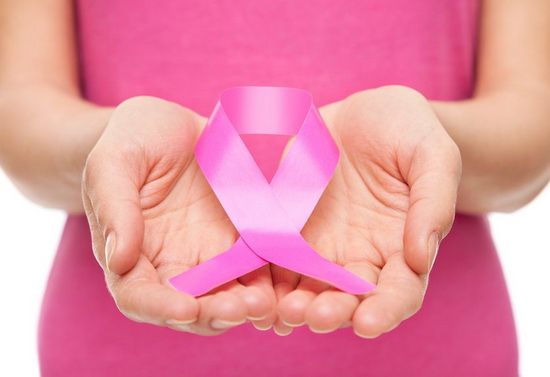
Understanding Cancer: Importance of screening and early detection
Cancer is no longer a rare disease in Ghana and although people may want to ignore the facts, the incidence and prevalence are raising due to lifestyle changes such as a lack of physical activity, tobacco and alcohol use. My point here is, noncommunicable diseases such as cancer are an emerging problem in Ghana and can no longer be ignored.
Cancer has become one of the leading causes of morbidity and mortality worldwide, with approximately 18.1 million new cases and 9.6 million deaths in 2018. These numbers are only projected to increase unfortunately; it is approximated that 70% of deaths from cancer will occur in low and middle- income countries and Ghana is no exception. Although this may seem like staggering numbers, cancer-related diseases are perceived as a low priority by African health institutions and governments, Ghana included.
Advertisement
Let's focus on the West African region for a minute.... it may surprise you to learn that in 2018 the estimated overall cases of cancer were 224, 200 (males 87,200, females 136,900), overall deaths were 150, 400 (males 62,100, females 88,300). What these numbers show is that 67% of people diagnosed with cancer in West Africa die. Keep in mind these reported numbers do not tell the full story, because as you know Africa does not have a robust data collection system. My inclination is that these are patients that somehow made it into a health institution and were lucky to be counted. By the way, this data is consistent with what is seen in Ghana as well, according to the Kumasi Cancer Registry. Even astonishing is the projection that 60% more Africans die from cancer than malaria.
Considering that the most common cancers in Ghana are prostate, liver, breast and cervical cancers, there is a huge opportunity for early diagnosis through screening and early treatment interventions. Health institutions in Ghana need to provide people with the opportunity for early detection and diagnosis, this is the only way to give people the best chance for a better outcome.
Today in Ghana most of these cancers are detected at the metastatic/symptomatic stage when the opportunity for an intervention has been eluded. The other complicating factor is that the point of entry for these diagnoses are problematic, because of the dismal health system, a lack of proper screening modalities and clinical capabilities. By the time a patient presents with a problem and is diagnosed, they've lost valuable time. Ghana is somewhat in the dark ages when it comes to cancer treatment and novel therapies that can give patients hope for a prolonged life.
I have spent a vast part of my career in healthcare, understanding the intricacies and challenges that exist in the industry. Healthcare no doubt is complicated, and I am not implying or suggesting any quick fixes to these issues; but there are some small things we can do to make a change as a country, such as creating awareness about screening and early detection. We can embed opportunistic screening as a part of our healthcare delivery culture. The government and the appropriate stakeholders can encourage screening such as mammograms, pap smears, prostate screens and colonoscopies through public campaigns. There is a need for a massive public service education to help people understand the importance of screening and early detection. People need to be educated to understand their risk factors and their genetic disposition to developing cancer.
In addition to screening, there is a need to build capacity for oncology care. There is an urgent need for a national comprehensive cancer program with an integrated framework that includes building capacity for a local workforce through partnerships with western Academic Medical Centers, pharmaceutical companies as well as integration of community-based approaches to reduce cancer disparities. And the development of a robust cancer registry to track data and inform treatment patterns. This is not rocket science, it's doable. How do I know? Because I am doing it in other parts of the world. The challenges of an insufficient oncology infrastructure are what have created problems associated with accessing optimal cancer-related care in Ghana.
I will like to conclude by saying that we need a deliberate approach to engage the right stakeholders into collaboration; the government, health care policy makers to identify, develop, and allocate needed resources to address the cancer care needs of Ghanaians. These strategies will allow for progress in early cancer screening and detection as well as create the opportunities to bring into the country advances in cancer therapeutics and care to provide timely treatment interventions for patients; we cannot even begin to conceptualize the ability for good care, decreased cancer mortality rates and increased cancer survival in Ghana unless we take this seriously.
Evelyn Abayaah
Director, Mass General Cancer Center International Programs and Advisory Services



